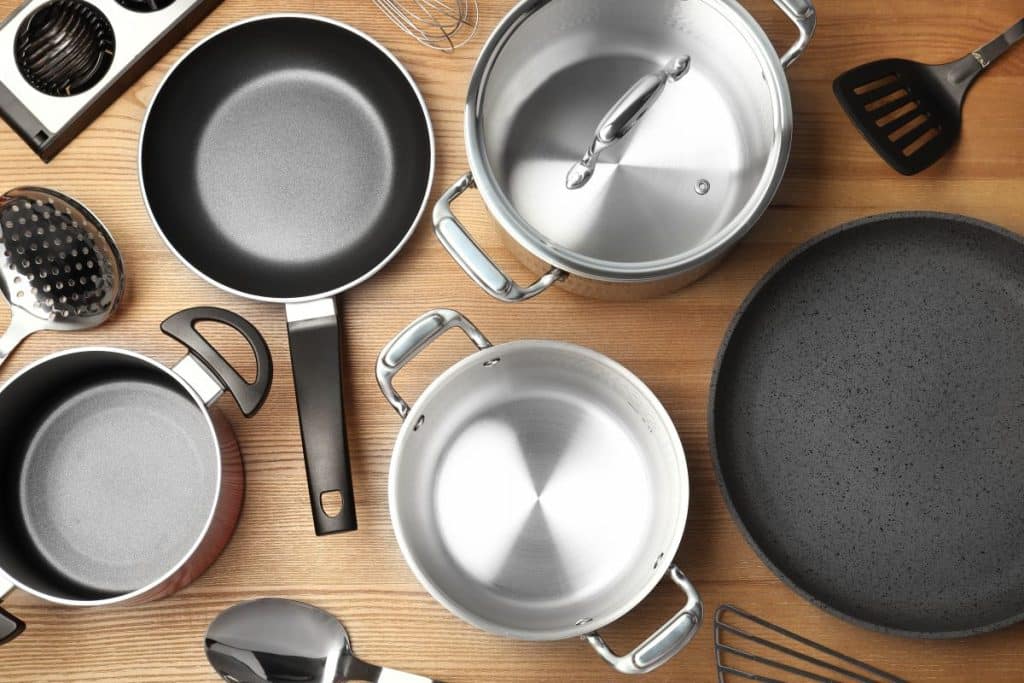
Because of their close contact with food, cookware products carry a higher risk of safety issues than many other consumer products. If an object poses a potential safety hazard to users, product recalls may occur.
Product recalls can be expensive and harmful to a brand’s reputation. They can also have long-term effects on how the company is viewed by the public. To ensure cookware complies with international standards, additional tests may be necessary beyond what can be done during a regular product inspection.
In this blog post, we will explore the international regulations in the EU and U.S. that cookware manufacturers need to be aware of. We will also list the most important cookware safety tests that can help prevent product recalls.
The food contact segment is heavily governed, with strict regulations/standards in place to ensure the health and safety of consumers.
These regulations differ from country to country and depend on the material used. For example, items marketed in the EU and the US are required to comply with rules like EC No. 1935/2004 (for the EU) and the FDA 21 CFR (for the US). Moreover, various EU nations have extra regulations, like Germany’s LFGB Law and France’s DGCCRF suggestions.
Product safety tests on cookware provide brands and retailers with assurance that the product is of good quality and safe for consumers to use if the manufacturer complies with safety regulations in the country.

Product safety tests are typically conducted on prototypes before the manufacturing process begins. These tests are crucial for both the manufacturing companies and customers for many reasons:

Regulations vary depending on where the product is distributed.
However, there are some common cookware laboratory tests that brands and retailers should know:

API offers personalized solutions to ensure the safety, quality, and performance of kitchenware for brands and retailers. We assist in several key areas such as:

Want to know more about one of our many services? Contact us to find out more information about what API can do for your company today.
Address
Copyright © 1981 – 2022 API. All Rights Reserved.